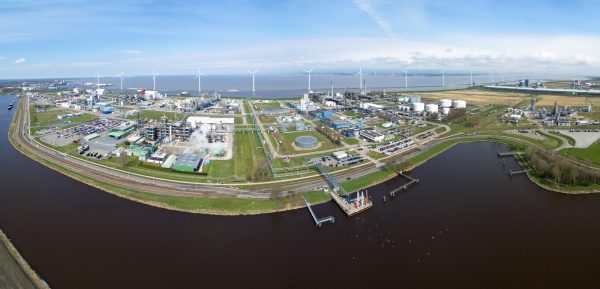More cellulosic sugar partnerships are taking place, and this one is in Europe.
Avantium announced a partnership with AkzoNobel, Chemport Europe, RWE and Staatsbosbeheer for the development of a reference biorefinery plant at the Chemie Park Delfzijl, which will be based on a new technology that has been developed by Avantium. This Zambezi process aims for a cost-effective process for the production of high-purity glucose from non-food biomass such as forestry residue, pulp or agricultural by-products, so called second generation feedstock.
The technology converts woody biomass into sugars and lignin and is particularly suited for making high purity glucose required for the production of a wide range of bio-based chemicals and materials. This glucose is suitable for both catalytic and fermentation processes for the production of a new and growing generation of sustainable materials (such as PLA, PEF, PBAT, PHA). The lignin is an excellent feedstock for renewable bioenergy applications, as its energy content is significantly higher than that of woody biomass.
Each partner brings their core strength to the project; from feedstock, throughout the supply chain to end products. The main feedstock of the plant will be locally sourced forestry residue coordinated by Staatsbosbeheer. The planned reference plant builds on the strong synergies of the infrastructure, utilities and expertise of the AkzoNobel site in Delfzijl. RWE will supply feedstock and use bio-lignin residue from the Zambezi process for the generation of renewable energy. Chemport Europe brings strategic support from the Northern Netherlands Region working via a range of initiatives to facilitate the project. Further synergistic partnerships and collaborations are currently under development.
The reference plant will be constructed with an expansion-ready footprint enabling rapid increase of capacity after demonstration.
Learn more about the Zambezi process on this video below:




